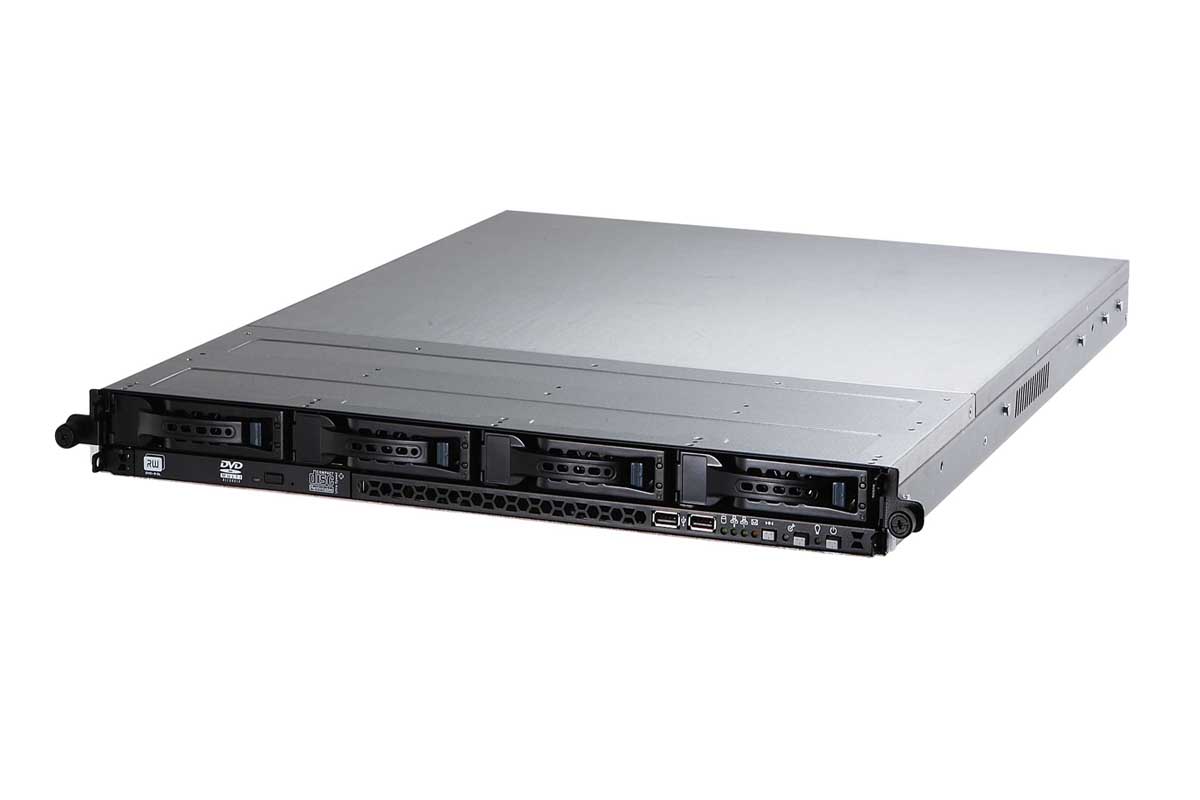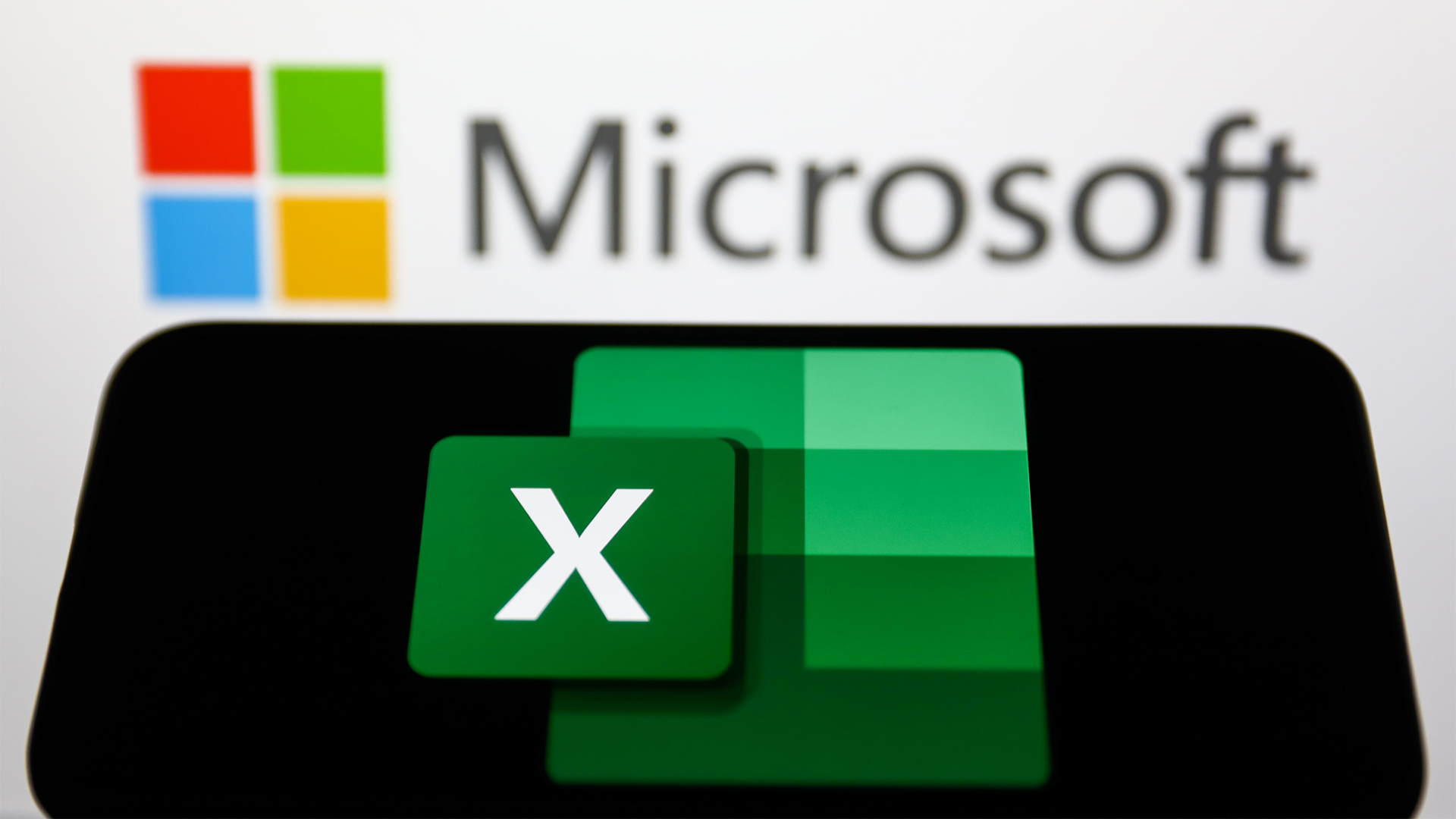Broadberry CyberServe X55-RS500 review
Asus attempts to take on the might of HP and Dell in the rack server market. Broadberry’s latest CyberServe offers plenty of interesting features but can it cut the mustard against the big boys? We review it to find out.

The CyberServe X55-RS500 shows clearly that Asus is starting to take its rack servers a lot more seriously. Remote management, expansion and RAID options see significant improvements and although the specification in the review system is basic it does look very good value. The price also includes a full three-year NBD warranty but areas that could be improved are additional support for SFF hard disks and power redundancy.

Storage options in the review system are limited to SATA support, which is handled by the embedded Intel controller. This provides six internal ports and support for mirrors, stripes and RAID-5 in Windows. However, the row of eight SAS ports down the left side of the main board tie in with Asus' new optional PIKE (proprietary I/O kit expansion) module and offer more storage possibilities.
Near the back of the board are two proprietary slots into which a PIKE board is placed which activates the SAS ports and provides more RAID options. The LSI1064E and LSI1068E versions add support for mirrored or striped SAS drives whilst the LSI1078 adds RAID5, 6, 50 and 60 to the mix.
The high-end LSI1078 PIKE board costs 149 but its support for up to eight drives is wasted as the CyberServe can only manage four. Furthermore, the drive backplane isn't bridged to the motherboard so you'll need to use standard SAS cables.
For the network connection you get a pair of Gigabit ports but we are now seeing many 1U server targeting virtualisation duties and coming as standard with four ports. However, further expansion is possible as a riser card converts one 16X PCI-e slot into two. Asus Flex-E feature comes into play here as if you use both slots they drop to 8X but if only the left one is used it switches up to 16X.
Power options are also limited as the chassis only supports a single 600W fixed supply. This is an 80 Plus compliant supply, which means it's certified as highly energy efficient but we would have expected to see options for dual hot-plug supplies.
Sign up today and you will receive a free copy of our Future Focus 2025 report - the leading guidance on AI, cybersecurity and other IT challenges as per 700+ senior executives
Dave is an IT consultant and freelance journalist specialising in hands-on reviews of computer networking products covering all market sectors from small businesses to enterprises. Founder of Binary Testing Ltd – the UK’s premier independent network testing laboratory - Dave has over 45 years of experience in the IT industry.
Dave has produced many thousands of in-depth business networking product reviews from his lab which have been reproduced globally. Writing for ITPro and its sister title, PC Pro, he covers all areas of business IT infrastructure, including servers, storage, network security, data protection, cloud, infrastructure and services.
-
 Trump's AI executive order could leave US in a 'regulatory vacuum'
Trump's AI executive order could leave US in a 'regulatory vacuum'News Citing a "patchwork of 50 different regulatory regimes" and "ideological bias", President Trump wants rules to be set at a federal level
By Emma Woollacott Published
-
 Microsoft Excel is still alive and kicking at 40 – and it's surging in popularity as 82% of finance professionals report ‘emotional attachment’ to the spreadsheet software
Microsoft Excel is still alive and kicking at 40 – and it's surging in popularity as 82% of finance professionals report ‘emotional attachment’ to the spreadsheet softwareNews A recent survey found Gen Z and Millennial finance professionals have a strong “emotional attachment” to Microsoft Excel
By Emma Woollacott Published
-
 LastPass hit with ICO fine after 2022 data breach exposed 1.6 million users – here’s how the incident unfolded
LastPass hit with ICO fine after 2022 data breach exposed 1.6 million users – here’s how the incident unfoldedNews The impact of the LastPass breach was felt by customers as late as December 2024
By Emma Woollacott Published
